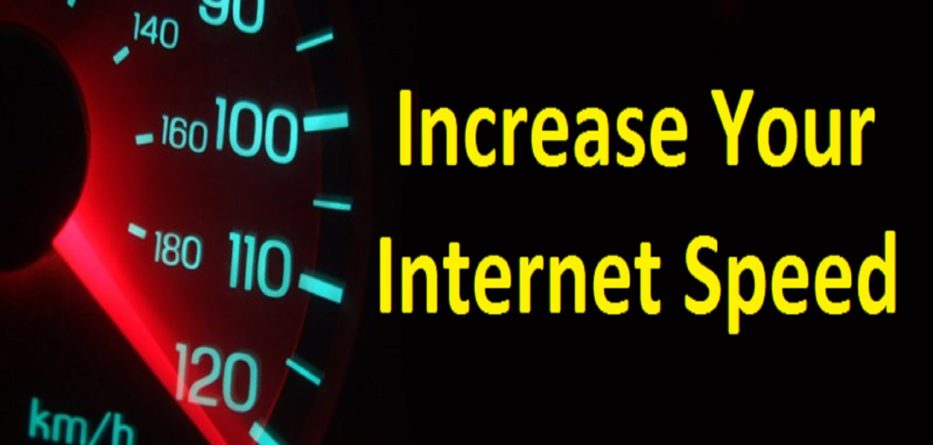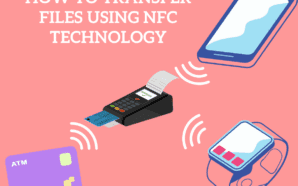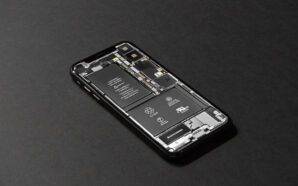It can be frustrating to get on the internet only to find that your connection seems to have slowed to a crawl. Just checking your e-mail or writing a blog post can take ten times longer than it should have, with a sluggish connection. You don’t have to change your internet provider or buy a new computer to get things moving faster. Eliminating the things on your computer that are slowing the connection can give you a lot more speed with just a little effort.
1. Check whether the other computers in your house are on and connected to the internet. Turn off those that aren’t in use. By doing this, you’ll eliminate the competition for bandwidth on your connection and give the computer that you’re using more of that speed.
2. Find an efficient browser. Not all browsers are created equal. Test different ones and figure out which works the best for you. Firefox, Opera, and Chrome are some of the best and fastest browsers available.
3. Observe basic computer maintenance. When the computer itself is slow, how fast your internet connection is doesn’t matter. Everything will be slow on a slow computer. Regular maintenance, like registry repair, disk cleanup and defrag will improve your computer’s performance.
4. If you’re visiting websites where graphics don’t really matter, try switching to text-only. While text-only browsing won’t help if you’re using a website that relies on video, it will speed up your connection with general browsing and save you a lot of loading time.
5. Prevent piggybacking on your connection. If you’re using a wireless connection, be sure that you’re not unwittingly sharing it with your entire neighborhood. The more computers using your wireless connection, the slower it’s going to be. If you don’t have a good password set up on your connection, create one. A password should have at least eight characters and a mixture of letters and numbers to be secure.
6. When not actively using a program, shut it down. Having a lot of background tasks running can slow your connection down significantly. There may be more programs running than you realize because many will automatically start and connect to the internet as soon as you log onto your computer. You can configure most applications to not start by themselves or to ask permission before initiating internet connection.
7. Check your computer for spyware and malware. If your connection speed has slowed suddenly for no reason you can figure out, you may have some malicious software. Malware and spyware often connect to the internet to send information back to the developer.
8. Caching can be useful and save you some time in a lot of situations, but it can also give you some problems. With over 100 million websites on the internet and at least several megabytes of information on each one, your computer’s cache is holding a lot. Try clearing your cache every once in a while and your speed may increase.
As a bonus tip – test your internet speed and make sure that you’re getting the speed that your provider is supposed to be giving you. If your connection is falling short of what you’re paying for, call them up and check that they’re doing their job. It’s possible that your internet package is outdated. If you tell them that you’re having speed problems, you may get an upgrade for a small fee or even free.
This article was written by Spencer Hogg from Broadband Expert where an internet speed test can be done.








